Home / health-care / New Research Sheds Light on Healthcare Challenges Faced by Autistic Transgender and Gender Diverse Individuals
New Research Sheds Light on Healthcare Challenges Faced by Autistic Transgender and Gender Diverse Individuals
By: My India Times
4 minutes read 107Updated At: 2025-01-21
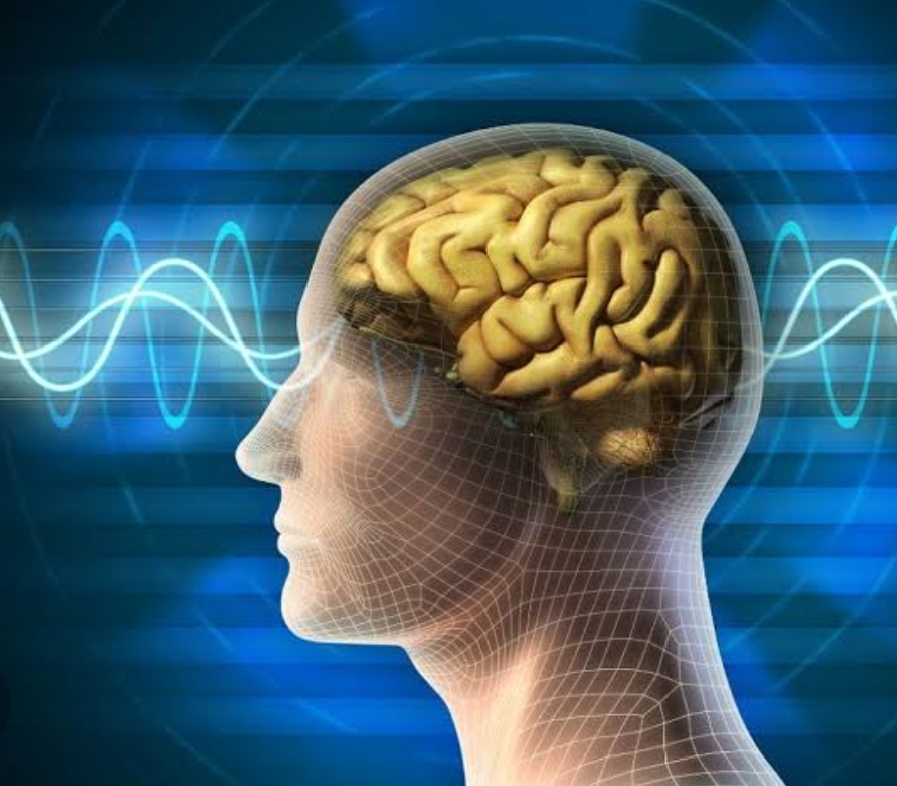
Researchers at the Autism Research Centre, University of Cambridge, have unveiled concerning insights regarding the healthcare experiences of autistic transgender and gender diverse (TGD) individuals. This study, the largest of its kind to date, indicates that autistic TGD individuals receive significantly lower-quality healthcare compared to both autistic cisgender individuals and non-autistic cisgender individuals. These findings, published in Molecular Autism, highlight the urgent necessity for healthcare systems to adjust to the specific needs of this marginalized population.
The Intersection of Autism and Gender Diversity
Prior research has demonstrated that both autistic and TGD individuals often encounter suboptimal healthcare experiences. Autistic individuals are more prone to physical and mental health issues and often face hurdles when accessing care. In a similar vein, TGD individuals frequently experience inadequate support from healthcare providers and report elevated rates of mental health challenges. A 2020 study from the Autism Research Centre indicated that TGD individuals are more likely to be autistic and display higher levels of autistic traits than their non-TGD counterparts. Despite these insights, there has been limited exploration into the combined healthcare risks and quality for autistic TGD individuals.
A Pioneering Study on Healthcare Experiences of Autistic TGD Individuals
To address this gap, the Autism Research Centre initiated the most extensive study to date on the healthcare experiences of autistic TGD populations. The research team employed an anonymous self-report survey to gather information from 174 autistic TGD individuals, 1,094 autistic cisgender individuals, and 1,295 non-autistic cisgender individuals. The survey spanned various topics, encompassing mental and physical health conditions and 51 facets of healthcare quality, including interactions with healthcare professionals, anxiety levels, accessibility of care, and sensory experiences.
Key Findings: Disturbing Disparities in Healthcare Access
The study revealed that both autistic TGD and autistic cisgender individuals experienced significantly poorer healthcare outcomes compared to non-autistic cisgender individuals. Specifically, across 50 of the 51 dimensions of healthcare, autistic individuals reported inferior experiences, regardless of whether they identified as TGD or cisgender. Autistic TGD individuals, in particular, were found to be at a greater disadvantage, indicating anxiety, shutdowns, and meltdowns related to healthcare visits at rates three to eleven times higher than their non-autistic cisgender peers.
This was in stark contrast to 100% of non-autistic cisgender individuals, highlighting a severe gap in healthcare communication and understanding.
Mental and Physical Health Conditions Are More Prevalent
The study also found that autistic TGD individuals were more likely to report long-term physical and mental health conditions compared to their non-autistic peers. For instance, 23% of autistic TGD individuals reported at least one diagnosed physical health condition, compared to 15% of autistic cisgender individuals and just 10% of non-autistic cisgender individuals. The disparities were even more pronounced for mental health conditions, with 109 autistic TGD people reporting mental health diagnoses for every 10 non-autistic cisgender individuals.
Increased Risk of Self-Harm and Suicide
Alarmingly, the study highlighted that autistic and TGD people are at a much higher risk of self-harm and suicide-related behaviors. Autistic cisgender individuals were 4.6 times more likely, and autistic TGD individuals were 5.8 times more likely to report self-harm compared to non-autistic cisgender individuals. These findings reflect broader trends observed in previous studies, which have shown that both autistic and TGD people are at heightened risk of suicide, a concern now acknowledged by the UK Department of Health and Social Care in their 2023-2028 Suicide Prevention Strategy.
Addressing the Unique Healthcare Needs of Autistic TGD People
The results of this study emphasize the need for healthcare systems to consider the intersectionality of identities—specifically, the compounded challenges faced by individuals who identify as both autistic and transgender or gender diverse. The researchers argue that healthcare providers and policymakers must work to reduce the barriers autistic TGD people face when seeking care. This includes better training for healthcare professionals to recognize the unique needs of these individuals and ensure that communication is clear and accessible.
Moving Forward: Adapting Healthcare Systems for Autistic TGD People
Professor Sir Simon Baron-Cohen, Director of the Autism Research Centre and a lead author of the study, emphasized the importance of adapting healthcare systems to meet the needs of autistic TGD people. “Policymakers, clinicians, and researchers must work collaboratively with autistic people to improve existing systems and reduce barriers to healthcare,” said Professor Baron-Cohen.
The study's findings call for immediate action to improve healthcare access, communication, and outcomes for autistic TGD individuals. By addressing the unique challenges faced by this group, healthcare providers can help mitigate the mental health risks, including self-harm and suicide, that disproportionately affect autistic TGD people.
....Researchers at the Autism Research Centre, University of Cambridge, have unveiled concerning insights regarding the healthcare experiences of autistic transgender and gender diverse (TGD) individuals. This study, the largest of its kind to date, indicates that autistic TGD individuals receive significantly lower-quality healthcare compared to both autistic cisgender individuals and non-autistic cisgender individuals. These findings, published in Molecular Autism, highlight the urgent necessity for healthcare systems to adjust to the specific needs of this marginalized population.
The Intersection of Autism and Gender Diversity
Prior research has demonstrated that both autistic and TGD individuals often encounter suboptimal healthcare experiences. Autistic individuals are more prone to physical and mental health issues and often face hurdles when accessing care. In a similar vein, TGD individuals frequently experience inadequate support from healthcare providers and report elevated rates of mental health challenges. A 2020 study from the Autism Research Centre indicated that TGD individuals are more likely to be autistic and display higher levels of autistic traits than their non-TGD counterparts. Despite these insights, there has been limited exploration into the combined healthcare risks and quality for autistic TGD individuals.
A Pioneering Study on Healthcare Experiences of Autistic TGD Individuals
To address this gap, the Autism Research Centre initiated the most extensive study to date on the healthcare experiences of autistic TGD populations. The research team employed an anonymous self-report survey to gather information from 174 autistic TGD individuals, 1,094 autistic cisgender individuals, and 1,295 non-autistic cisgender individuals. The survey spanned various topics, encompassing mental and physical health conditions and 51 facets of healthcare quality, including interactions with healthcare professionals, anxiety levels, accessibility of care, and sensory experiences.
Key Findings: Disturbing Disparities in Healthcare Access
The study revealed that both autistic TGD and autistic cisgender individuals experienced significantly poorer healthcare outcomes compared to non-autistic cisgender individuals. Specifically, across 50 of the 51 dimensions of healthcare, autistic individuals reported inferior experiences, regardless of whether they identified as TGD or cisgender. Autistic TGD individuals, in particular, were found to be at a greater disadvantage, indicating anxiety, shutdowns, and meltdowns related to healthcare visits at rates three to eleven times higher than their non-autistic cisgender peers.
This was in stark contrast to 100% of non-autistic cisgender individuals, highlighting a severe gap in healthcare communication and understanding.
Mental and Physical Health Conditions Are More Prevalent
The study also found that autistic TGD individuals were more likely to report long-term physical and mental health conditions compared to their non-autistic peers. For instance, 23% of autistic TGD individuals reported at least one diagnosed physical health condition, compared to 15% of autistic cisgender individuals and just 10% of non-autistic cisgender individuals. The disparities were even more pronounced for mental health conditions, with 109 autistic TGD people reporting mental health diagnoses for every 10 non-autistic cisgender individuals.
Increased Risk of Self-Harm and Suicide
Alarmingly, the study highlighted that autistic and TGD people are at a much higher risk of self-harm and suicide-related behaviors. Autistic cisgender individuals were 4.6 times more likely, and autistic TGD individuals were 5.8 times more likely to report self-harm compared to non-autistic cisgender individuals. These findings reflect broader trends observed in previous studies, which have shown that both autistic and TGD people are at heightened risk of suicide, a concern now acknowledged by the UK Department of Health and Social Care in their 2023-2028 Suicide Prevention Strategy.
Addressing the Unique Healthcare Needs of Autistic TGD People
The results of this study emphasize the need for healthcare systems to consider the intersectionality of identities—specifically, the compounded challenges faced by individuals who identify as both autistic and transgender or gender diverse. The researchers argue that healthcare providers and policymakers must work to reduce the barriers autistic TGD people face when seeking care. This includes better training for healthcare professionals to recognize the unique needs of these individuals and ensure that communication is clear and accessible.
Moving Forward: Adapting Healthcare Systems for Autistic TGD People
Professor Sir Simon Baron-Cohen, Director of the Autism Research Centre and a lead author of the study, emphasized the importance of adapting healthcare systems to meet the needs of autistic TGD people. “Policymakers, clinicians, and researchers must work collaboratively with autistic people to improve existing systems and reduce barriers to healthcare,” said Professor Baron-Cohen.
The study's findings call for immediate action to improve healthcare access, communication, and outcomes for autistic TGD individuals. By addressing the unique challenges faced by this group, healthcare providers can help mitigate the mental health risks, including self-harm and suicide, that disproportionately affect autistic TGD people.
By: My India Times
Updated At: 2025-01-21
Tags: health-care News | My India Times News | Trending News | Travel News
Join our WhatsApp Channel




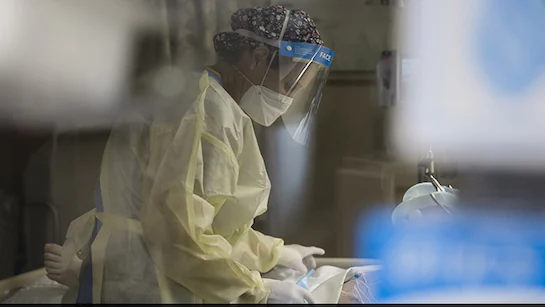






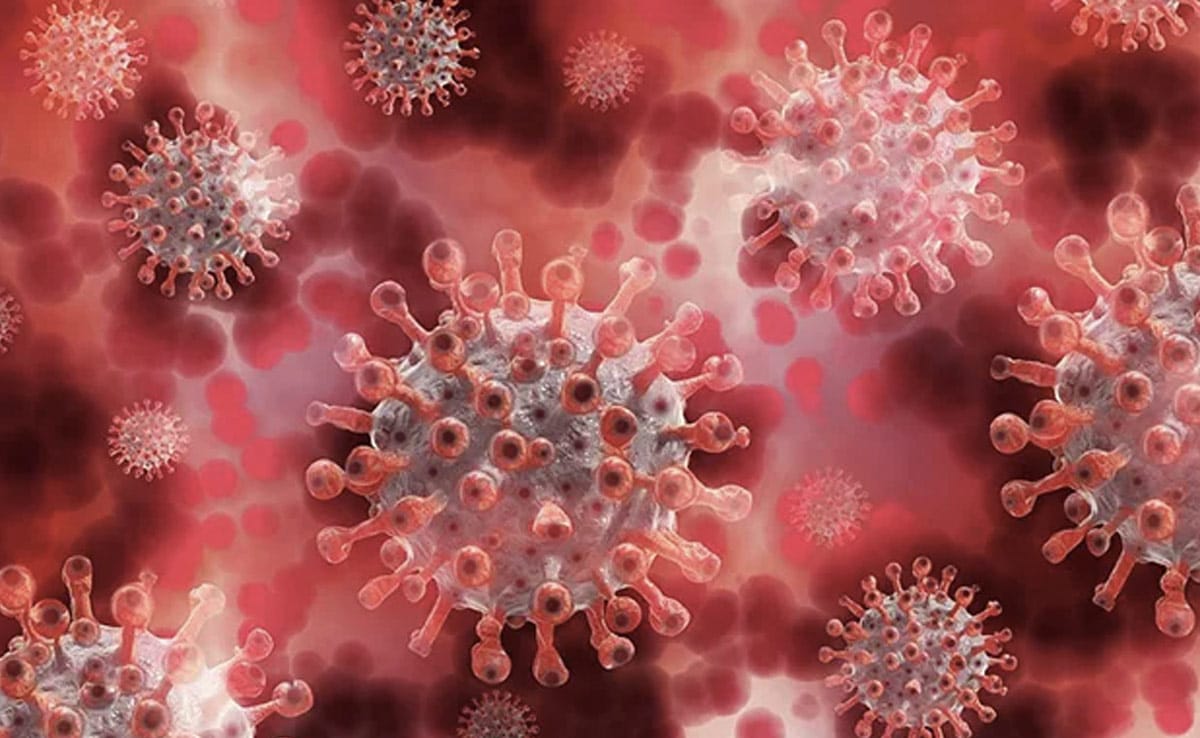







.jfif)
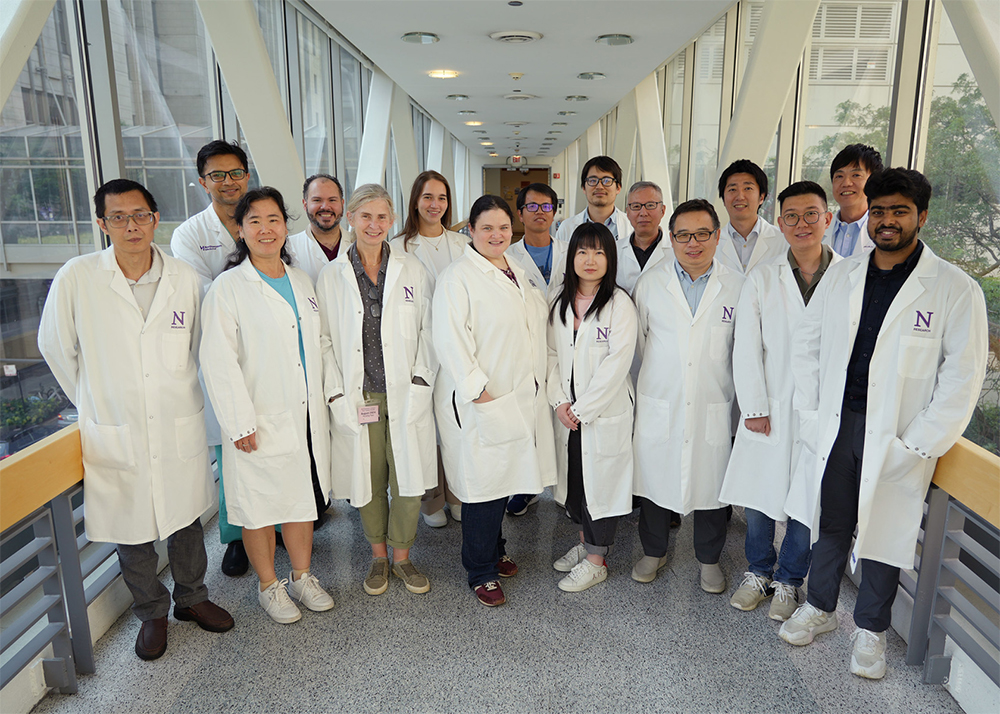


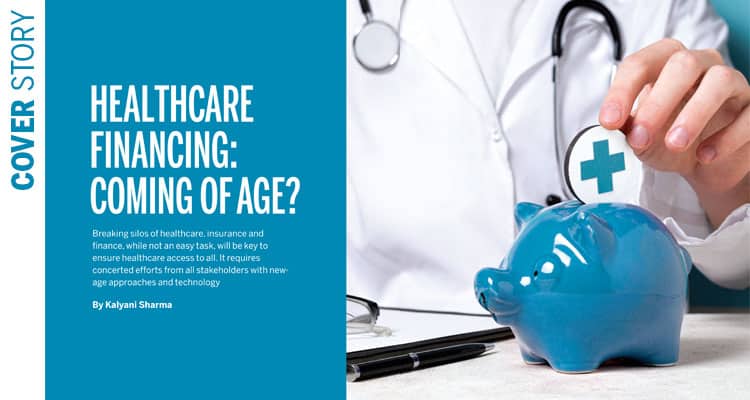
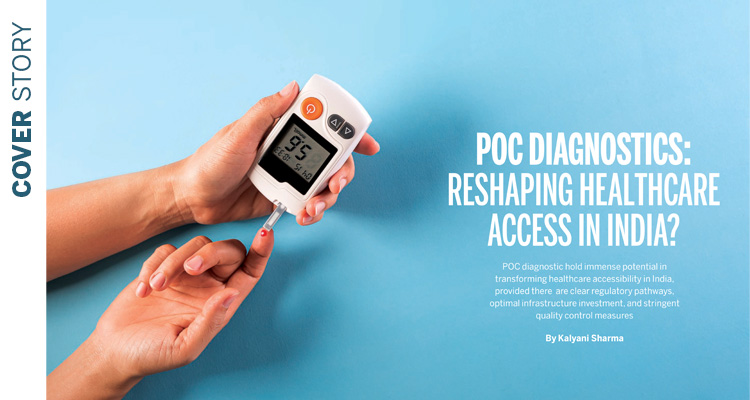
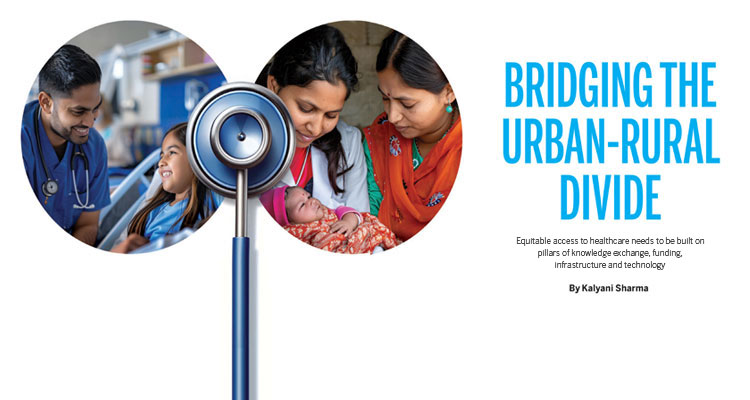



























































































.png)
 (1).png)























